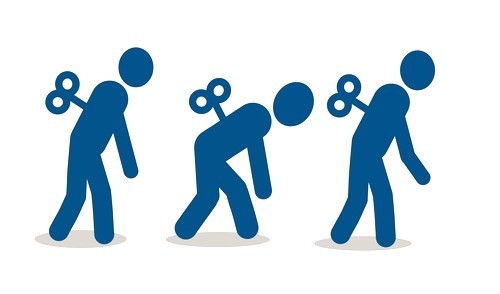Cancer survivors get more easily fatigued: Study
IANS Mar 19, 2018
New research has found that cancer survivors are more prone to becoming quickly fatigued and had lesser endurance than people who have not been diagnosed with cancer in the past.

Researchers have found that adults who have undergone successful cancer treatment may become fatigued more quickly than their peers who do not have a history of cancer. "The main goal of cancer treatment has been survival, but studies like this suggest that we need also to examine the longer-term effects on health and quality of life," said Jennifer Schrack, Assistant Professor at Johns Hopkins University in Maryland, US.
For the study, published in the journal Cancer, researchers examined data from a long-running study of normal ageing, which included periodic treadmill tests of fatigability as well as 400-metre walks to test endurance. They found that, on average, participants with a history of cancer treatment reported more fatigue in the treadmill tests and were slower to complete the endurance walks, compared to participants without a cancer history.
After adjusting for gender- and health-related differences between 334 participants who had a history of cancer and 1,331 who did not, the researchers also found that a cancer history was associated with a 1.6 times greater risk of high perceived fatigability. The mean ages were 74 years for the 334 people in the cancer history group and 69 years for the 1,331 in the no-cancer history group.
By comparison, the team found that being older than 65 years brought a 5.7 times greater risk of high perceived fatigability -- implying that the effect of a cancer history was more than a third as large as the effect of ageing past 65. Similarly, a cancer history was associated with 400-metre walk times averaging 14 seconds slower than those for participants with no cancer history. The over-65 participants with a cancer history also deteriorated more steeply in their endurance-walk times from one checkup to the next, compared to those without a cancer history. "These findings support the idea that a history of cancer is associated with higher fatigability and that this effect worsens with advancing age," Schrack noted.
-
Exclusive Write-ups & Webinars by KOLs
-
Daily Quiz by specialty
-
Paid Market Research Surveys
-
Case discussions, News & Journals' summaries